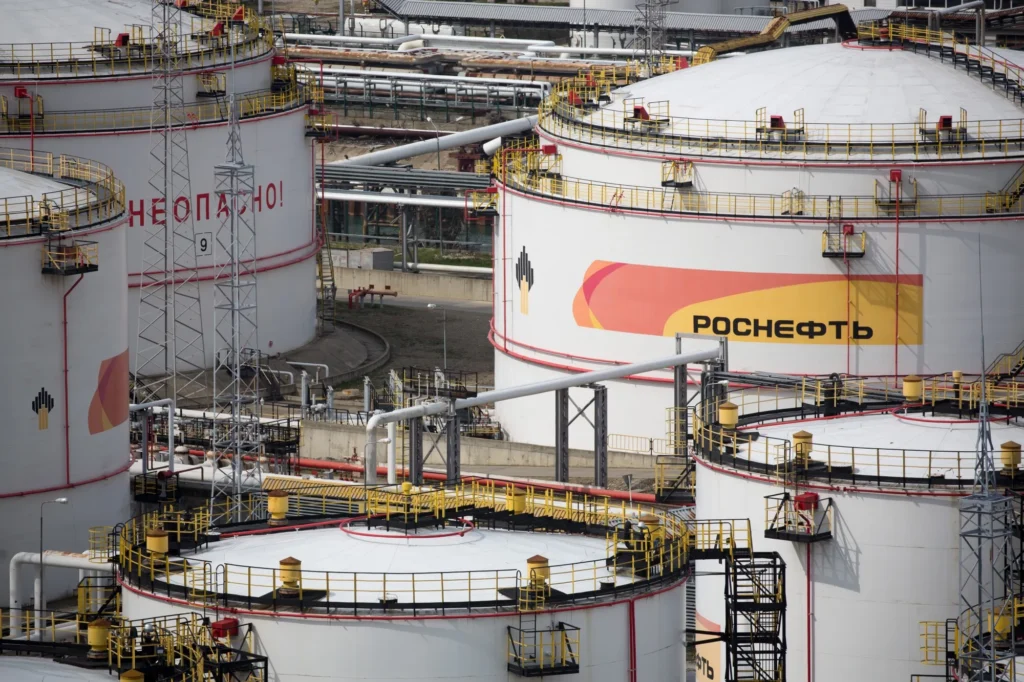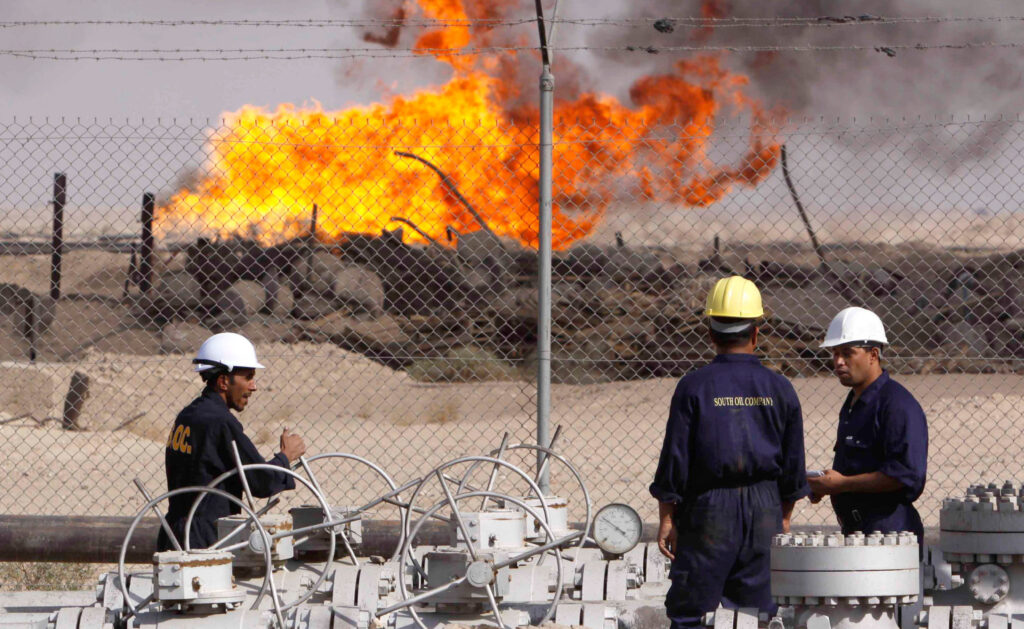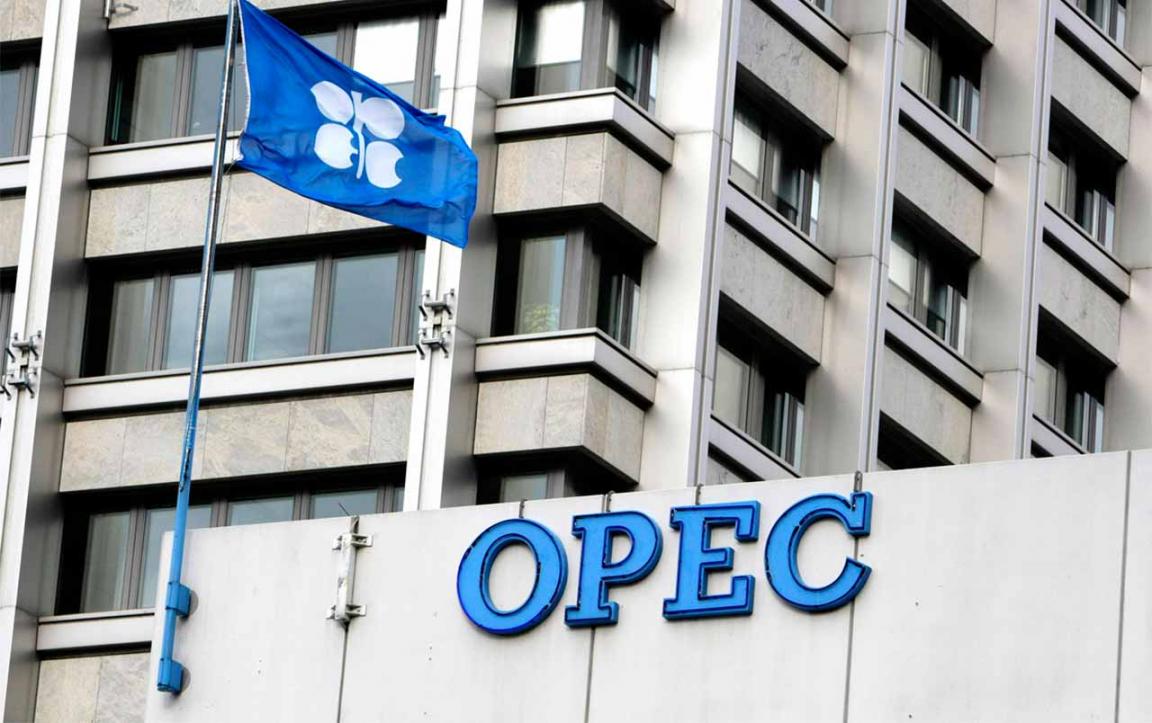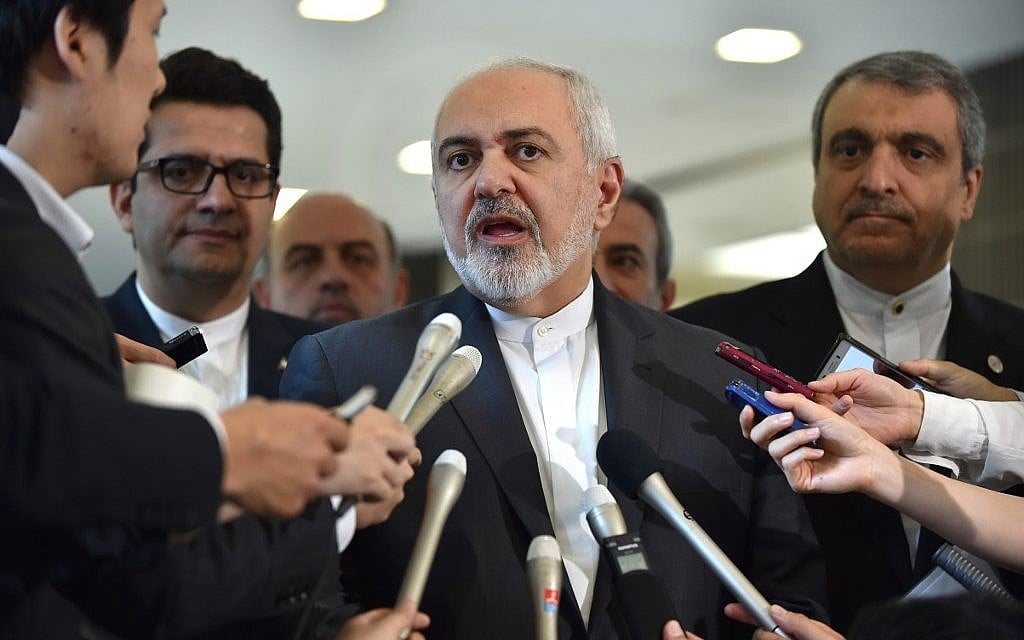British Energy Majors Return to Libya as West Seeks to Counter Russian and Chinese Influence

BP and Shell have signed landmark agreements with Libya’s National Oil Corporation (NOC) to revitalize key oil and gas fields, marking a significant step in Libya’s post-conflict energy revival. The deals signal a renewed push by Western powers to secure long-term energy interests in North Africa, as global competition over strategic resources intensifies.
Under the new agreements, both BP and Shell will assist in redeveloping major upstream assets, increasing production capacity, and modernizing infrastructure that has suffered from years of underinvestment and political instability. The collaboration is expected to significantly boost Libya’s crude output—potentially exceeding pre-conflict levels—bringing much-needed stability to global energy markets.
This renewed Western involvement is widely seen as part of a larger geopolitical strategy aimed at reducing reliance on Russian energy and limiting the reach of China’s Belt and Road Initiative in the Mediterranean and North African region. As Europe transitions away from Russian oil and gas, Libya’s proximity and potential reserves are viewed as essential alternatives.
Energy analysts also draw comparisons to historical precedents. The return of British oil giants to Libya evokes the colonial-era model of economic expansion with geopolitical intent, akin to the British East India Company’s approach—where commercial influence often preceded political dominance.
As Libya stabilizes and global energy dynamics evolve, these strategic partnerships could redefine the balance of power in the Mediterranean energy theater.




















